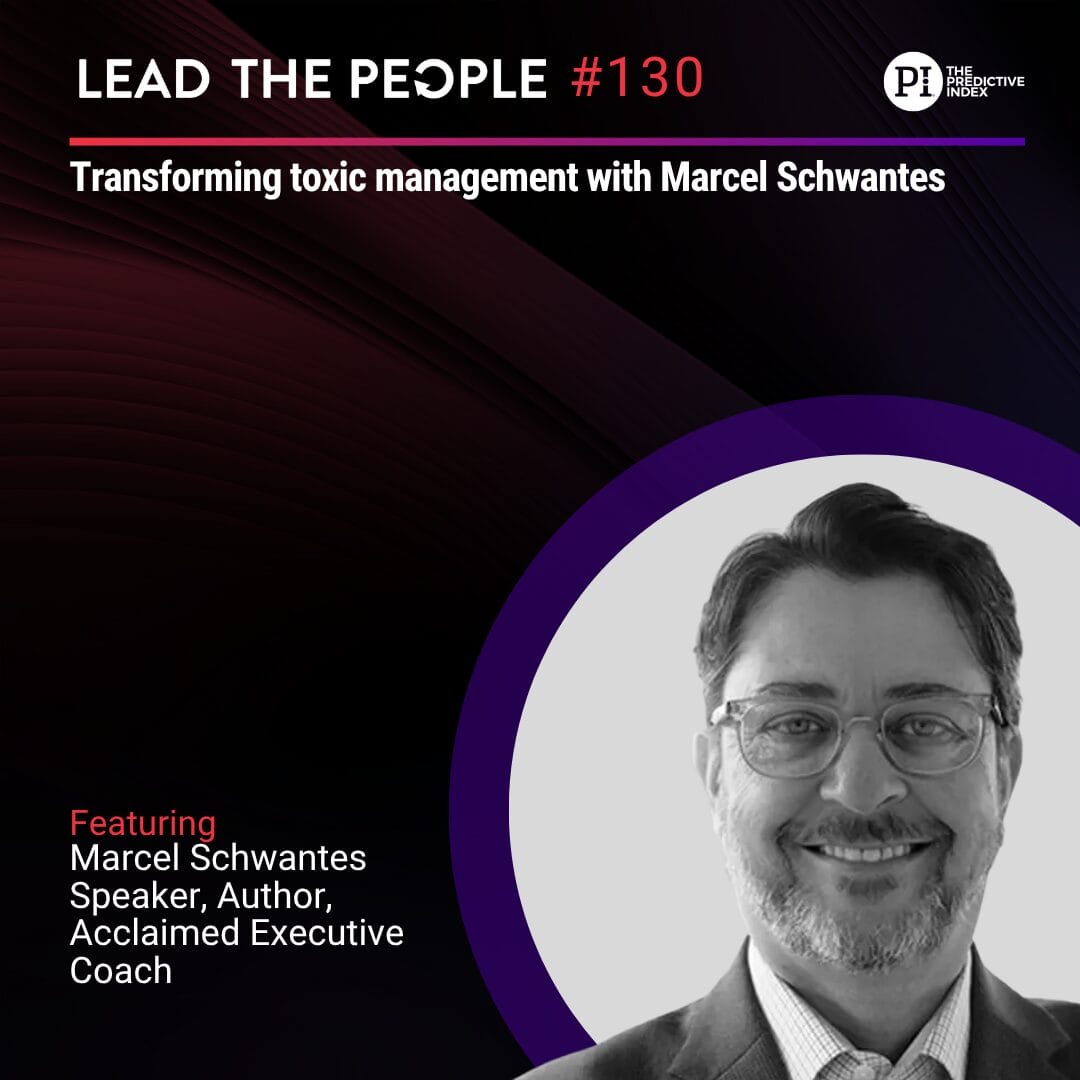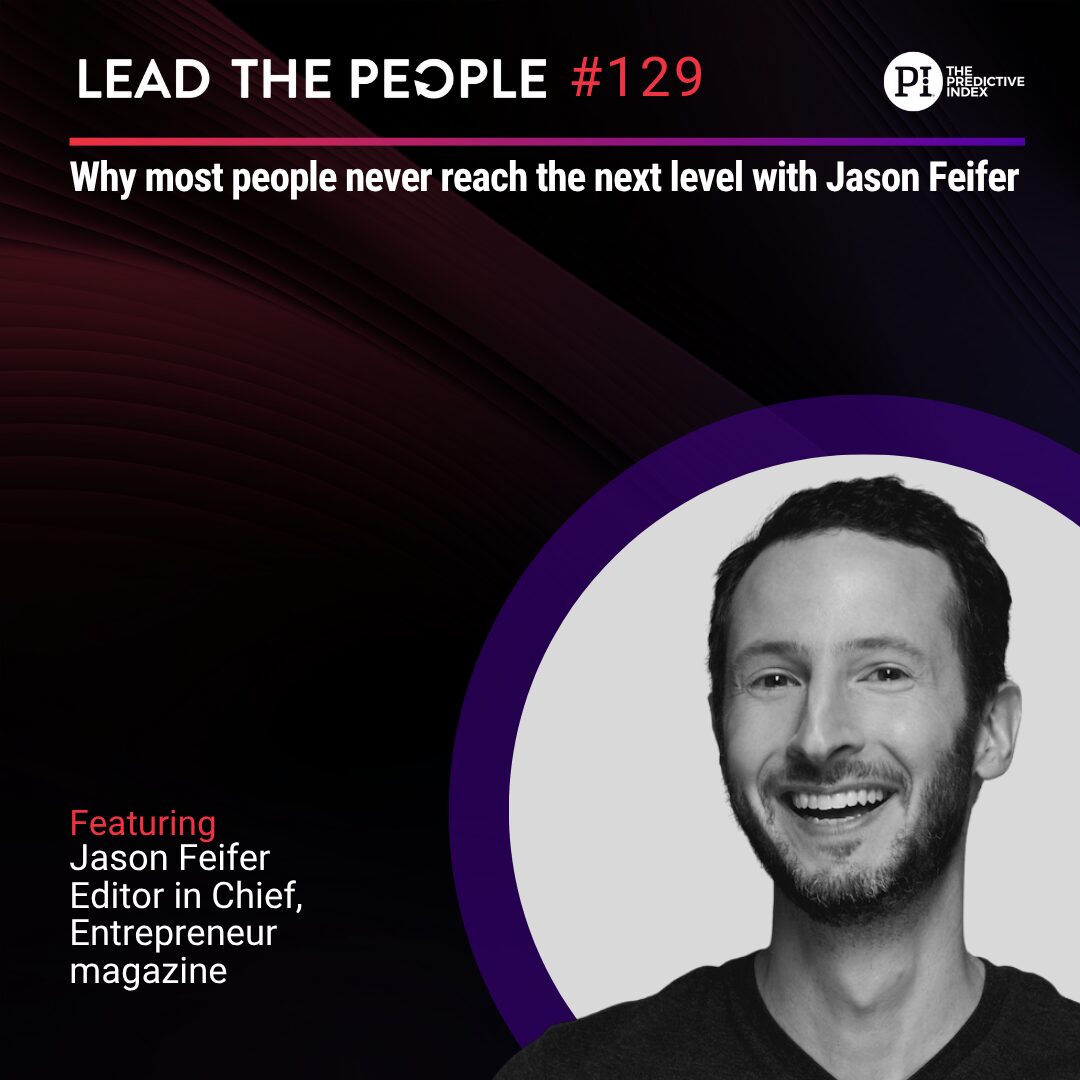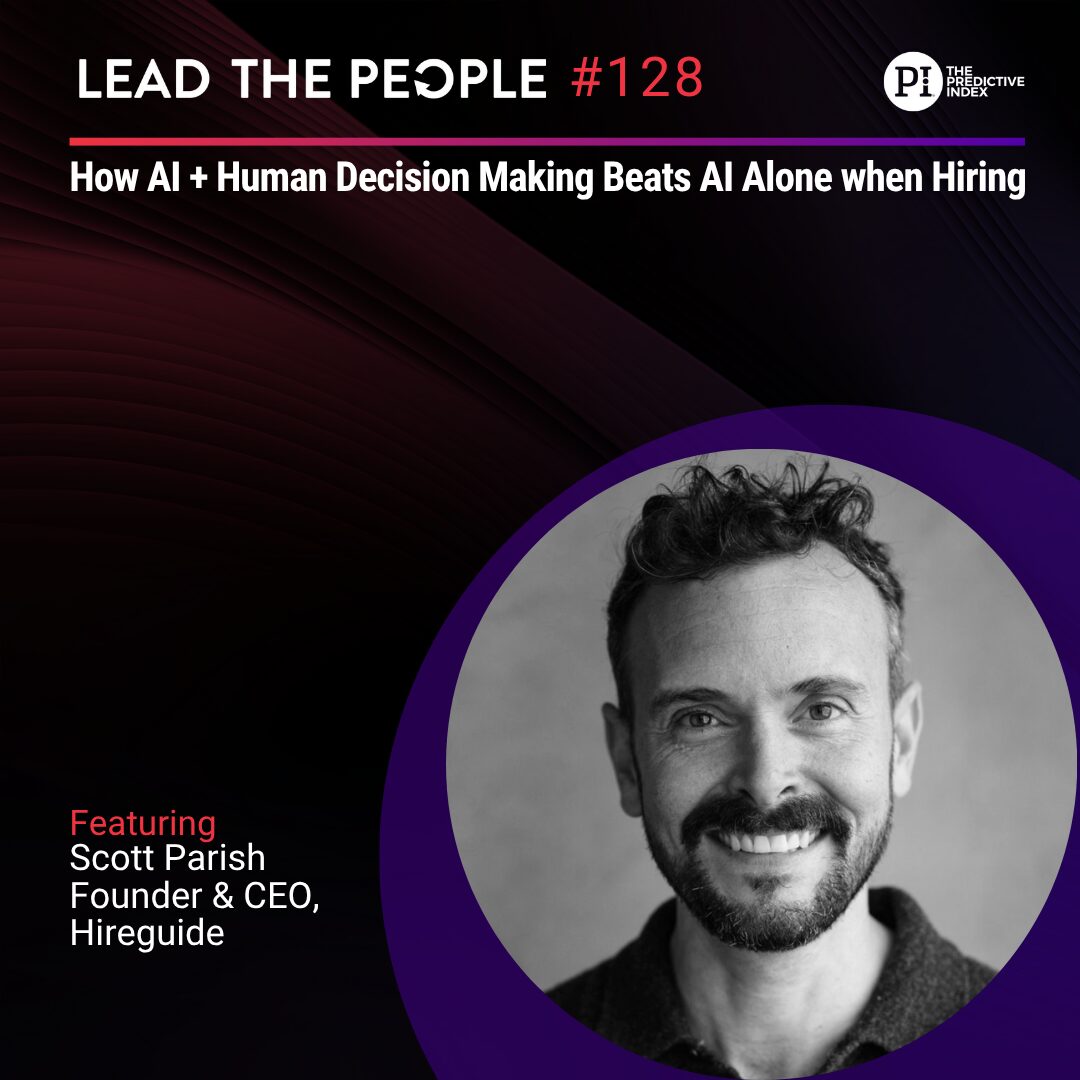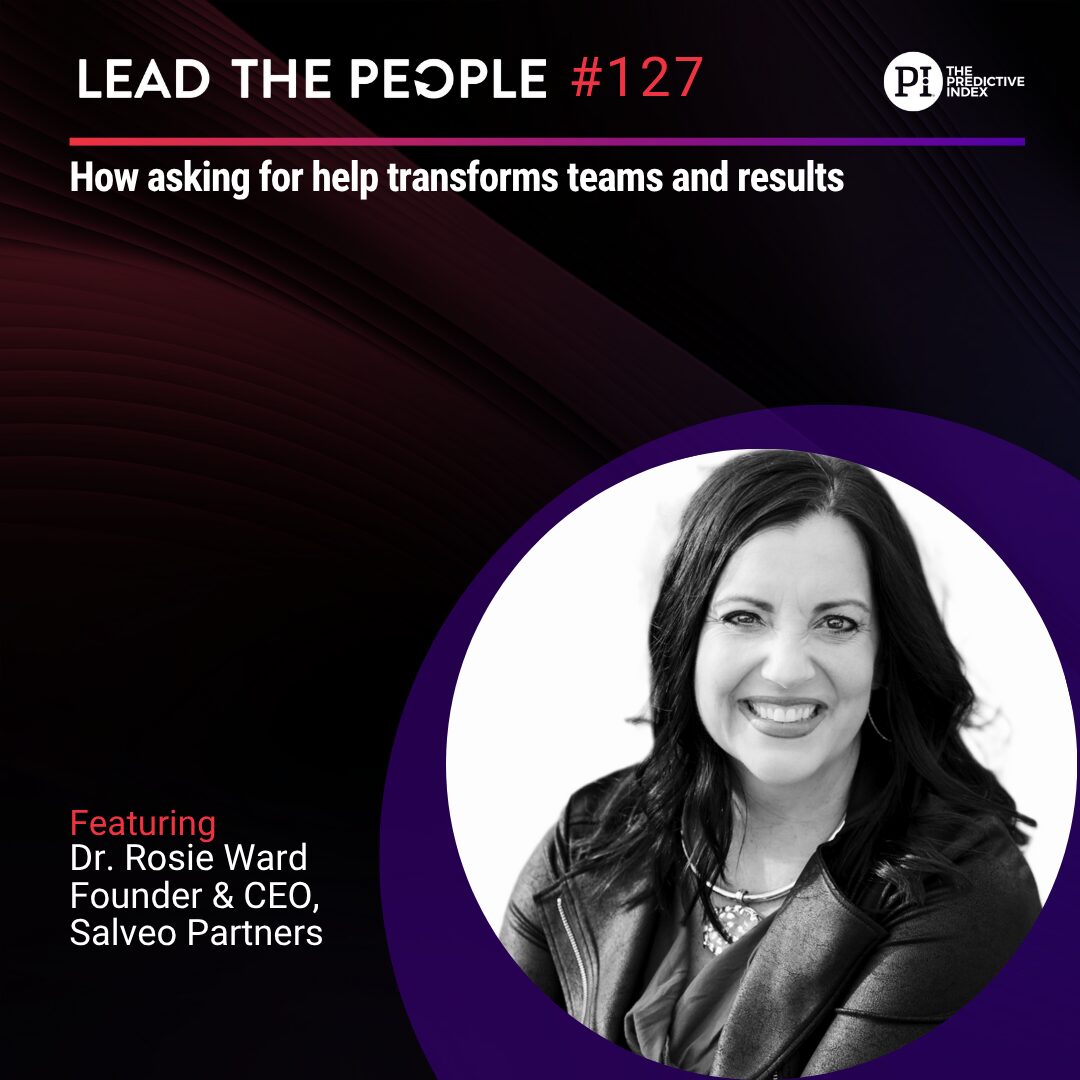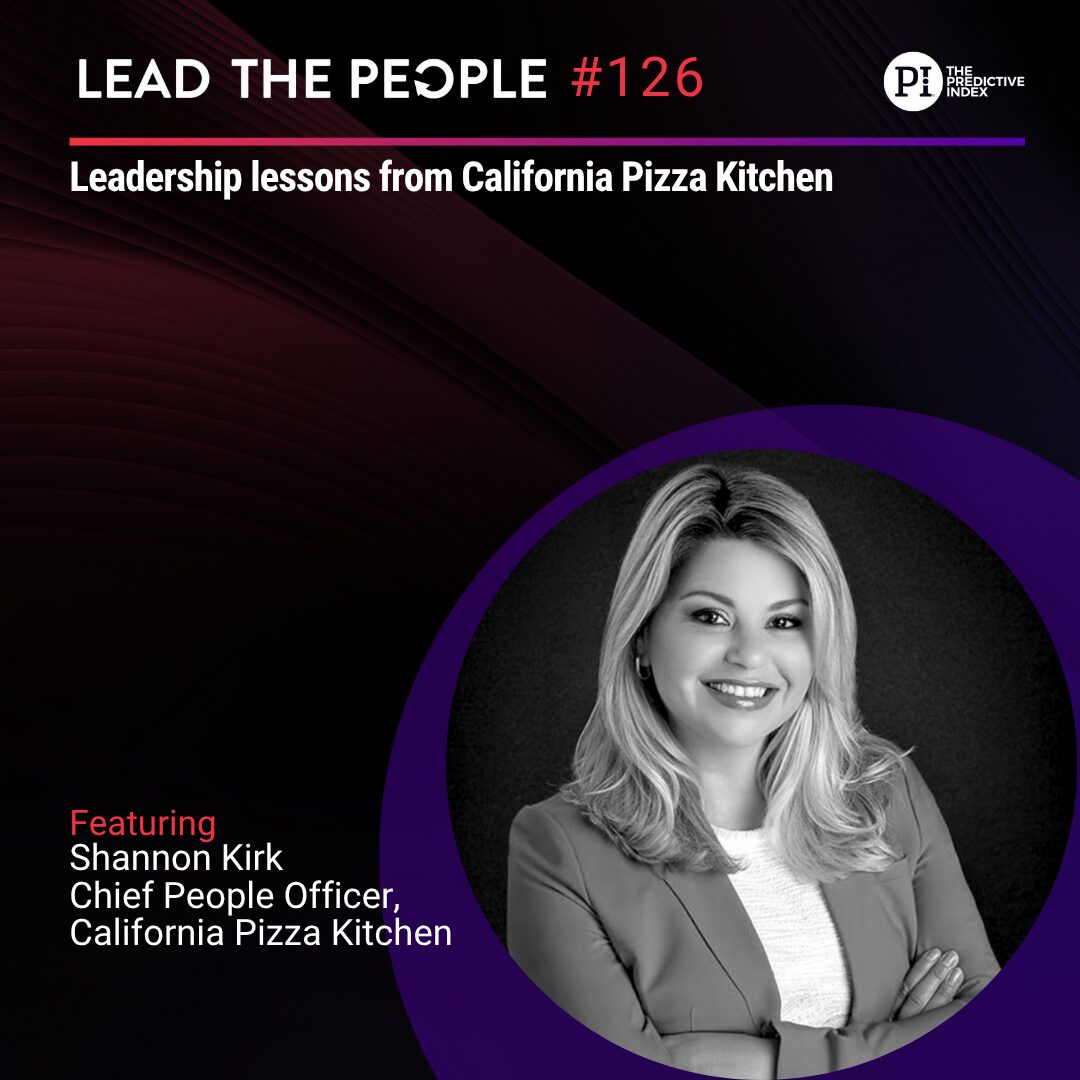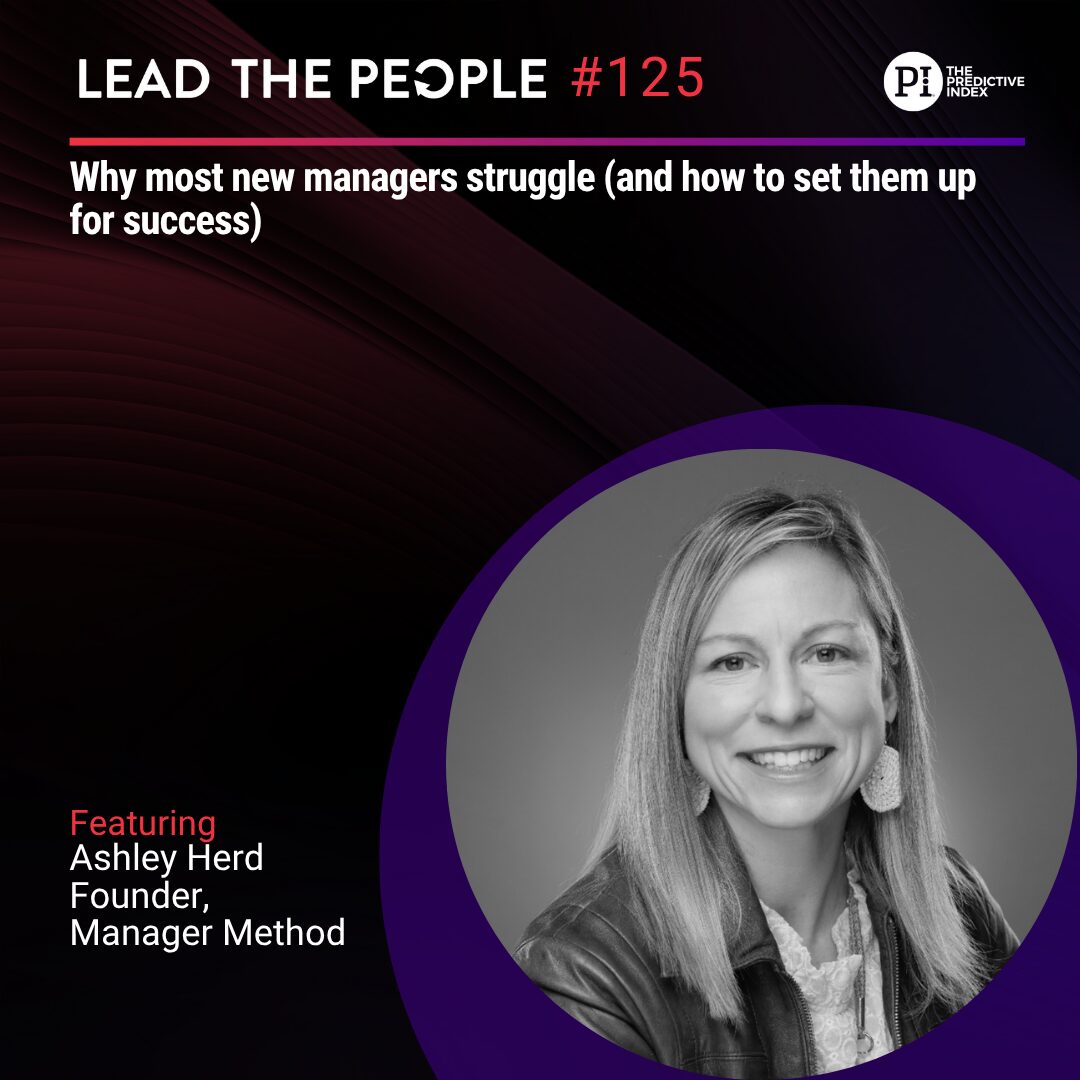The Hidden Power of Being Naive with Joshua Berry

HOST
Matt Poepsel, PhD
Vice President & Godfather of Talent Optimization

GUEST
Joshua Berry
Managing Director at Econic
Joshua Berry is a world-class facilitator of change. As an author, speaker, entrepreneur, and director of Econic, Joshua has spent the last two decades evolving the what, who, and why of Fortune 500 companies and venture-backed startups.
Along with his team, Joshua has sparked change in organizations like US Bank, John Deere, Procter & Gamble, Nelnet, Ameritas, Omaha Public Power District, Farm Credit Services of America, and Blue Cross Blue Shield of Nebraska, among others.
Top 3 Takeaways
- Get quiet. Sometimes the thoughts and voices in your head can drown out the deeper wisdom and inspiration that lies within. Take the opportunity to get still and listen.
- Ease up. Too often, we’re tempted to label our intuition as naive or impractical. In fact, some of the biggest breakthroughs have come from those who had a willingness to eschew conventional lines of thinking.
- People for the win. It’s a lot easier to say people come first than to actually operate this way. Always ensure alignment with business priorities, but after that, keep the conditionals to a minimum and give priority to people-related decisions and investments.
From Our Sponsor
The Predictive Index (PI) is an award-winning talent optimization platform that aligns business strategy with people strategy for optimal business results. More than 60 years of proven science, software, and a curriculum of insightful management workshops make PI the solution for any company looking to design great teams and culture, make objective hiring decisions, foster engagement, and inspire greatness in their people anywhere in the world. More than 10,000 clients and 480+ partners use PI—including Nissan, Citizens Bank, Subway, Blue Cross Blue Shield, and Omni Hotels—across 90+ countries. Learn more at predictiveindex.com.
From the Source
“It wasn’t until some of the time stubbing my toes in those ways that I started to learn that this intentional desire to maybe not quiet those voices that sometimes came up in my head that others might deem as naive but actually might be coming from a deeper spot within me. Those were the things that actually made me unique and were some of the best ideas that were brought out into the world.”
“There was a common pattern that a lot of those leaders told me in the interviews, ‘Uh, this might sound naive, but…”, and then they started to share an interesting idea or business philosophy or whatnot.”
“Beliefs are merely a mental model. There are best guesses at how the world works, and until you can understand that, I don’t think you can truly appreciate the diversity of another person’s view or beliefs and that there’s some validity that’s coming from that too.”
“Most decent organizations will say ‘we put our people first’. Or ‘people are important.’ But it almost always ends up as ‘as long as the business is successful.’ And what I challenge in that chapter, and provide some research and stories around this, is what happens when some organizations actually put the growth of their people even ahead of business growth and those goals.”
“When you start to have people that you trust and they start to see, ‘Oh, if I make this decision, that actually hurts what we could do over here and that hurts this other person over here,’ you just create greater alignment in that and eventually you sometimes get business growth that comes out of that too.”
Connect with Joshua
Book: http://www.daretobenaive.com
Website: https://www.econic.co/joshua
Website: http://www.joshuaberry.com


